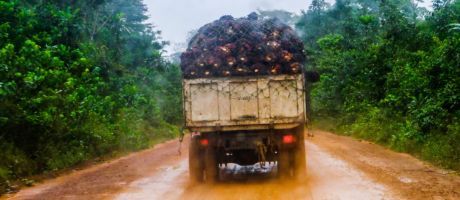
Dutch development bank should pause mediation process in Congo
Let the Dutch development bank FMO pause the mediation process between palm oil company PHC and communities in Congo. We make this call to Minister Hanke Bruins Slot (Foreign Affairs).
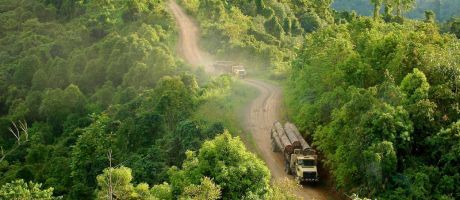
EU member states must enact deforestation law without delay
Last year, a European law protecting forests was enacted. However, some EU countries are now attempting to delay the implementation of this law.
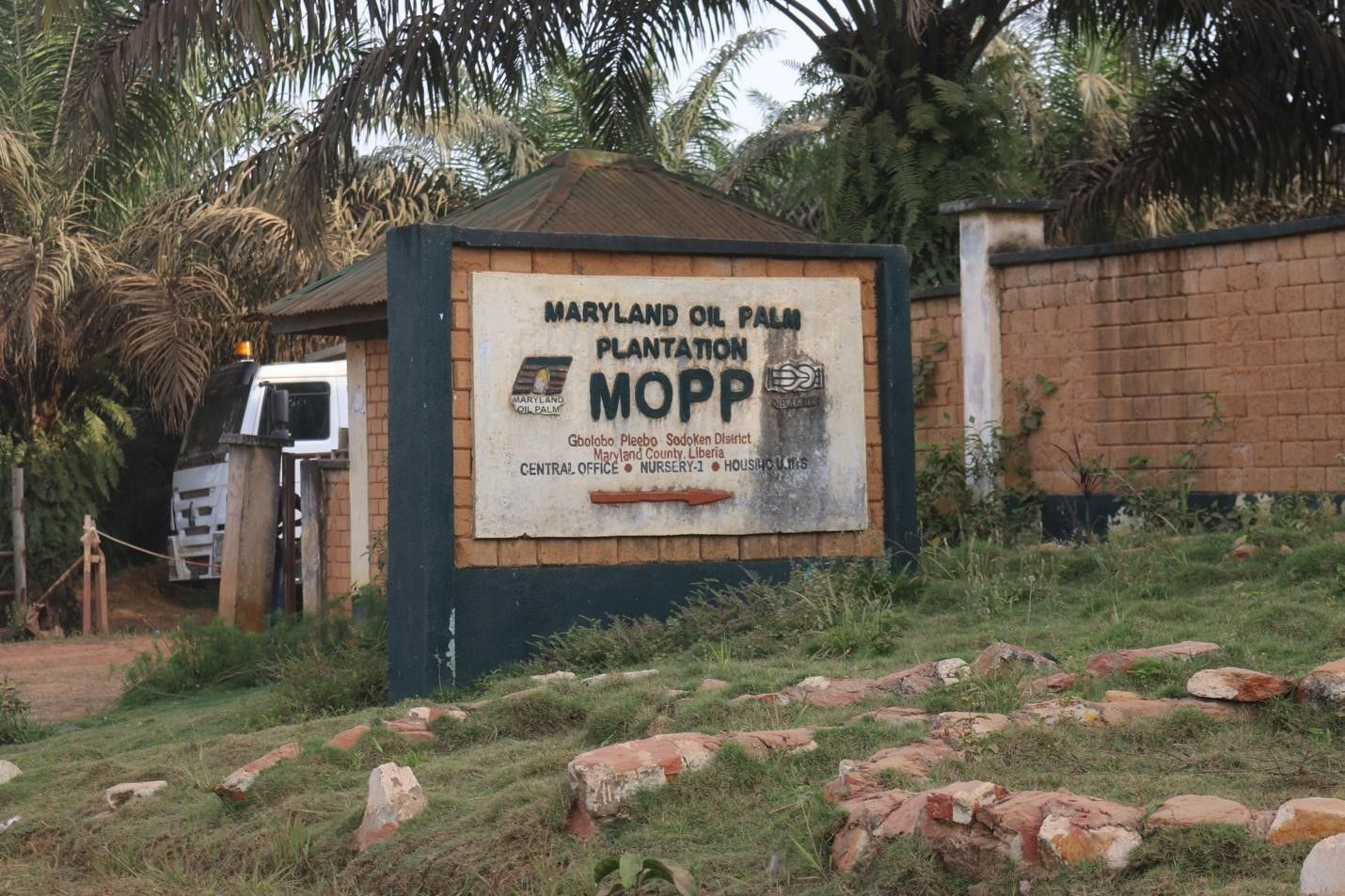
Dutch and French Development Banks Visit Liberia to Address Concerns from Communities and Environmental Organizations
Dutch development bank FMO and French development bank Proparco have investments in Maryland Oil Palm Plantation (MOPP) through its owner SIFCA in the Ivory Coast. Wilmar, one of the largest palm oil companies in the world, is one of the main shareholders. The banks recently visited the operation areas of Maryland Oil Palm Plantation (MOPP) in southeastern Liberia from 10 to 15 March 2024 after the Sustainable Development Institute (SDI) and Milieudefensie raised alarm about social and environmental harms in the plantation in their February 2023 report titled: “Social and Environmental Impacts of Maryland Oil Palm Plantations in Liberia.”
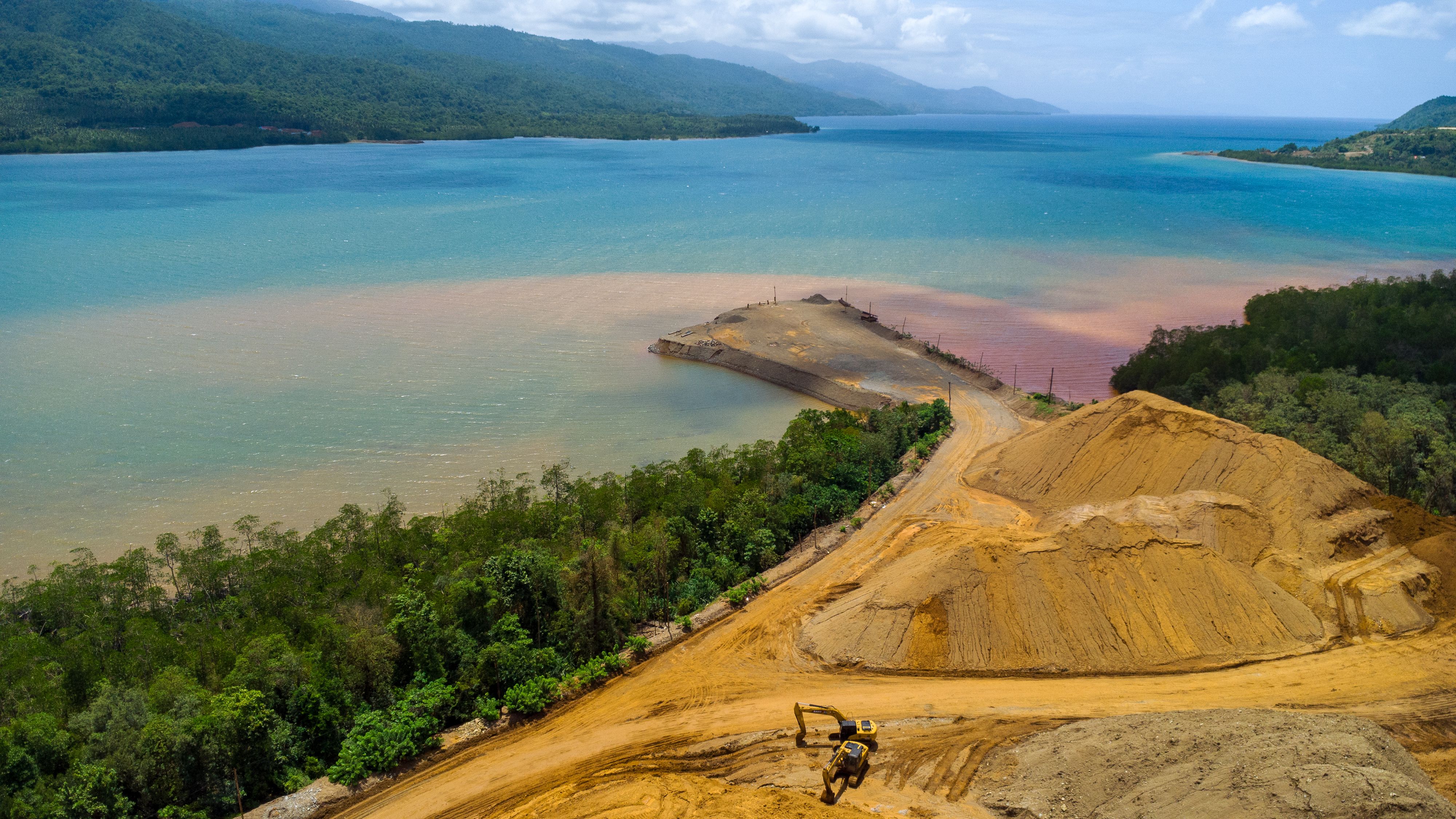
Investors around the world call for responsible mining in nickel industry
The energy transition requires the use of minerals such as nickel. However, a growing number of reports point to the negative environmental and social impact of nickel mining in countries such as Indonesia and the Philippines. 31 investors have now signed a statement with the aim of integrating responsible mining practices and higher standards for the natural, environmental and social impact into nickel chains.
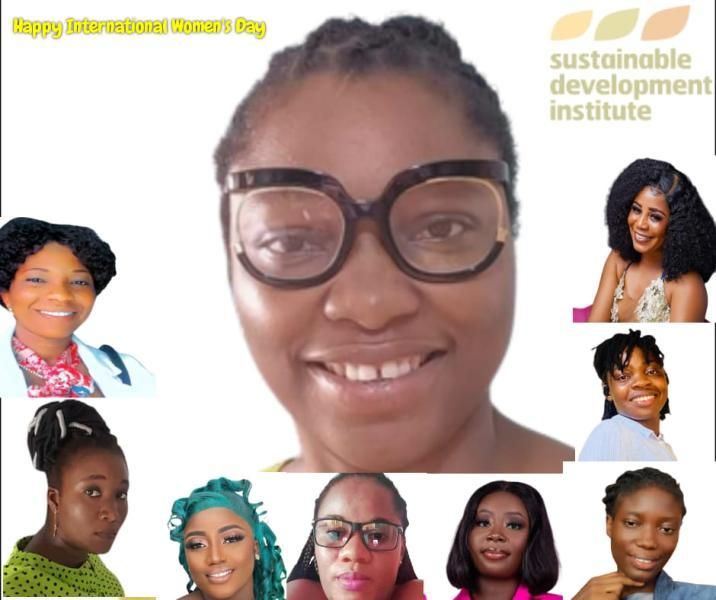
In Observance of International Women’s Day, SDI Calls for Concrete Actions in Protecting Women and Girls
As the World observes the International Women’s Day (IWD), the Sustainable Development Institute (SDI) calls on all stakeholders that this day should not only be characterized by the usual speeches and statements.
In a statement issued on Friday, March 8, 2024, commemorating the day, the right-based organization calls for concrete and practical actions that will finally put an end to various issues affecting women and girls in Liberia including domestic violence in all its forms, rape, sexual exploitation and abuse as well as sexual harassment, and economic insecurity.
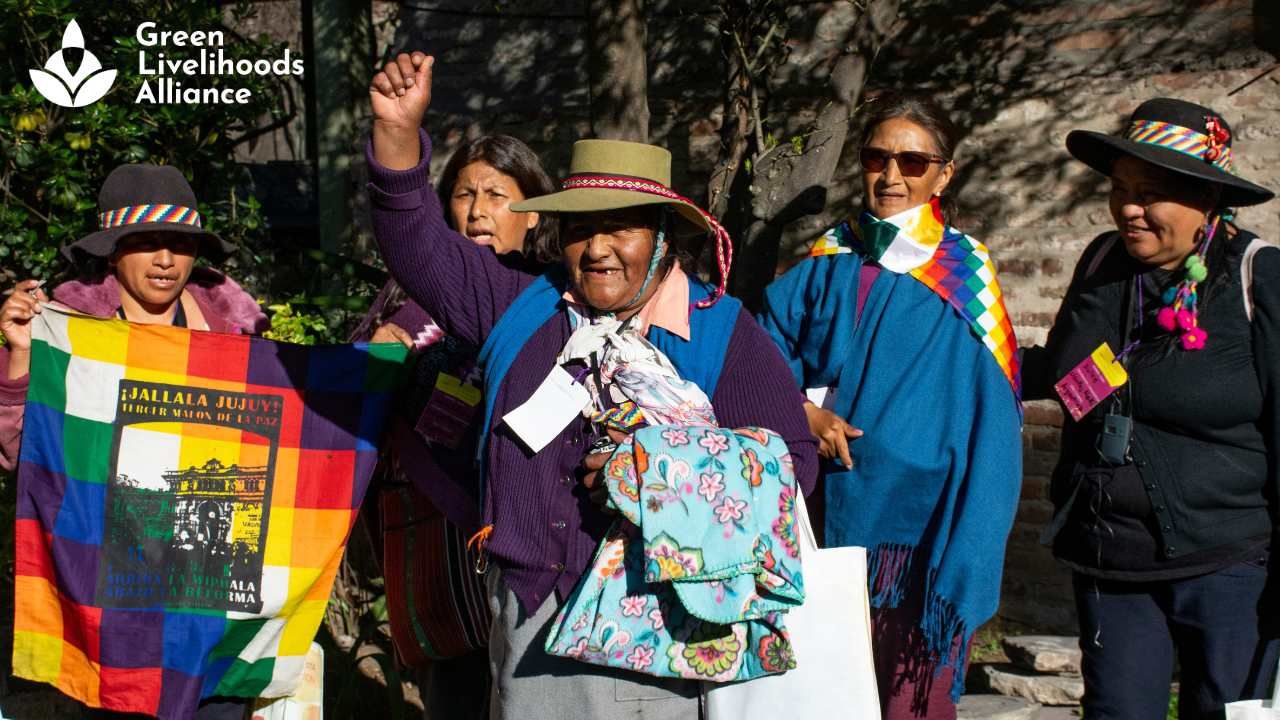
Video: Celebrating International Women's Day
Women and girls, in all their diversity, are at the frontline to protect our planet. Their solutions and perspectives are critical to address the crises. The Green Livelihoods Alliance is dedicated to the full inclusion and meaningful participation of women and girls in safeguarding tropical forests. Watch our video.
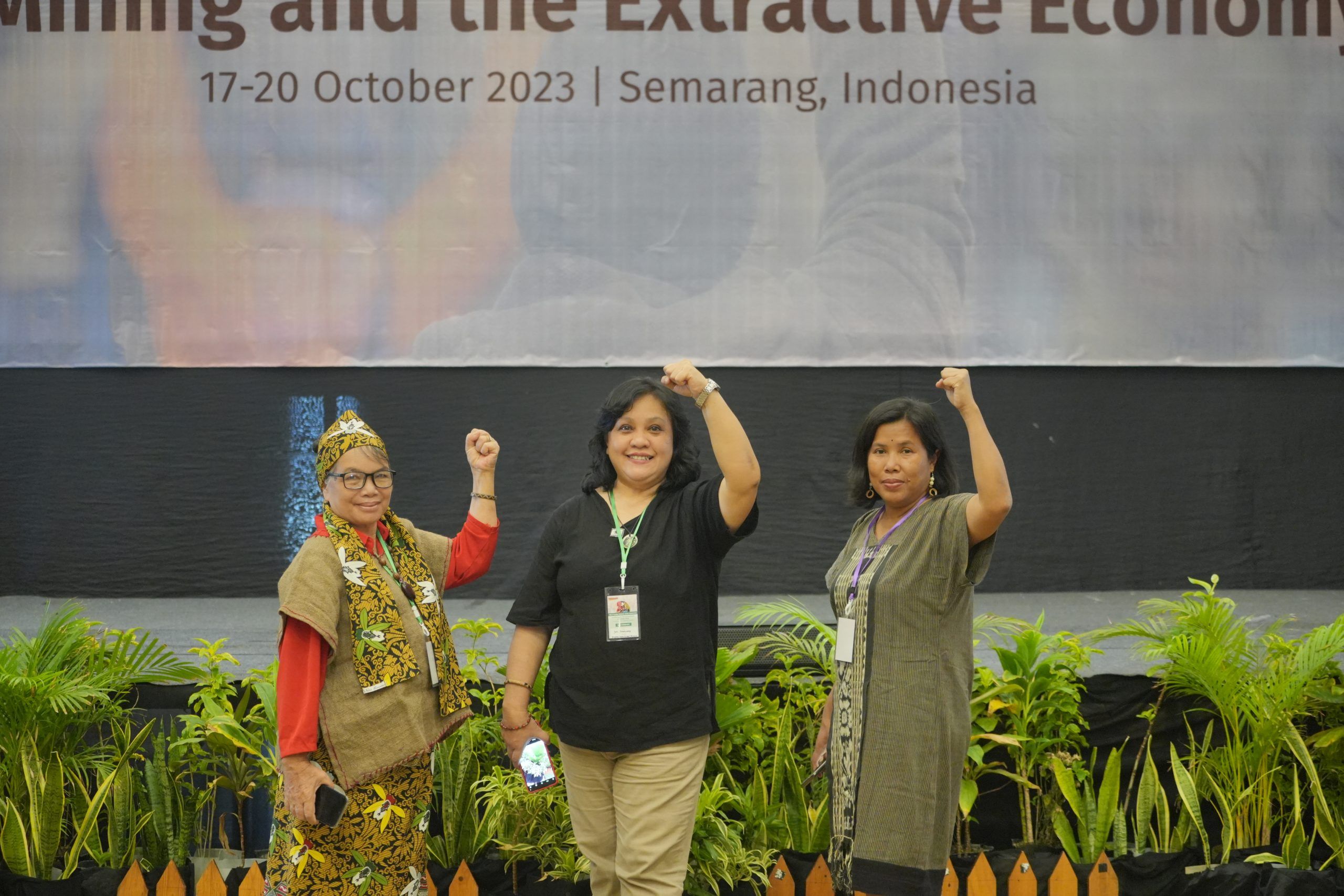
International forum on mining and extractive economy brings together activists from all over the world
In October of last year, the 2nd global thematic social forum on mining and the extractive economy (TSF-mining) was held in Semarang, Indonesia. IUCN NL partner organisation Alyansa Tigil Mina (ATM) was one of the co-organisers of the event. The aim of the TSF-mining is to strengthen and build a broad global movement of activists from all continents who are facing the problems of mining and extractivism in their territories, and to build mutual solidarity and common solutions to guarantee human rights, the rights of nature and to ensure a just and equitable world for present and future generations.
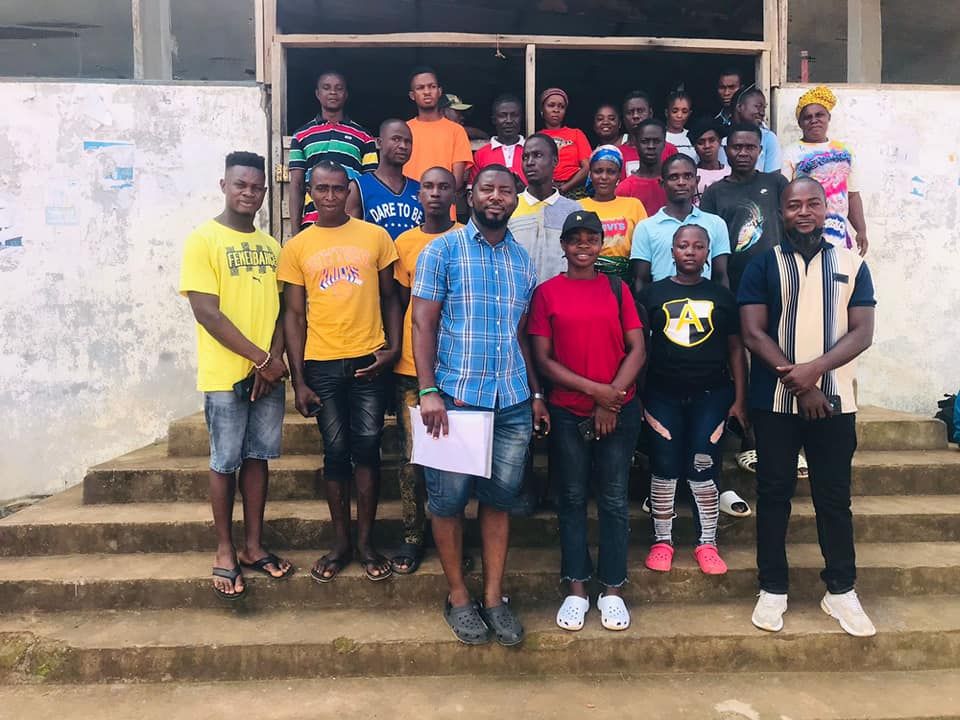
SDI Engages Mining Communities in Western Liberia on Just Energy Transition
To document mining concessions about the protection of the environment and the rights of local communities in western Liberia, the Sustainable Development Institute (SDI) in late 2023 engaged mining communities in Grand Cape Mount and Bomi Counties on the Just Energy Transition (JET) project.
The JET is a thematic program within the Green Livelihoods Alliance Forests for a Just Future. It connects local communities to global levels for struggles to address climate change by supporting a Just Energy Transition.
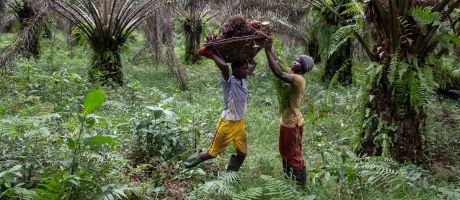
Financiers must increase pressure on palm oil plantation in Liberia
Intimidation, violence, and environmental destruction are rampant at the Maryland Oil Palm Plantations (MOPP) in Liberia. Dutch financiers such as the development bank FMO and pension funds are implicated in these issues. We urge them to increase pressure on MOPP and the palm oil company Wilmar.
